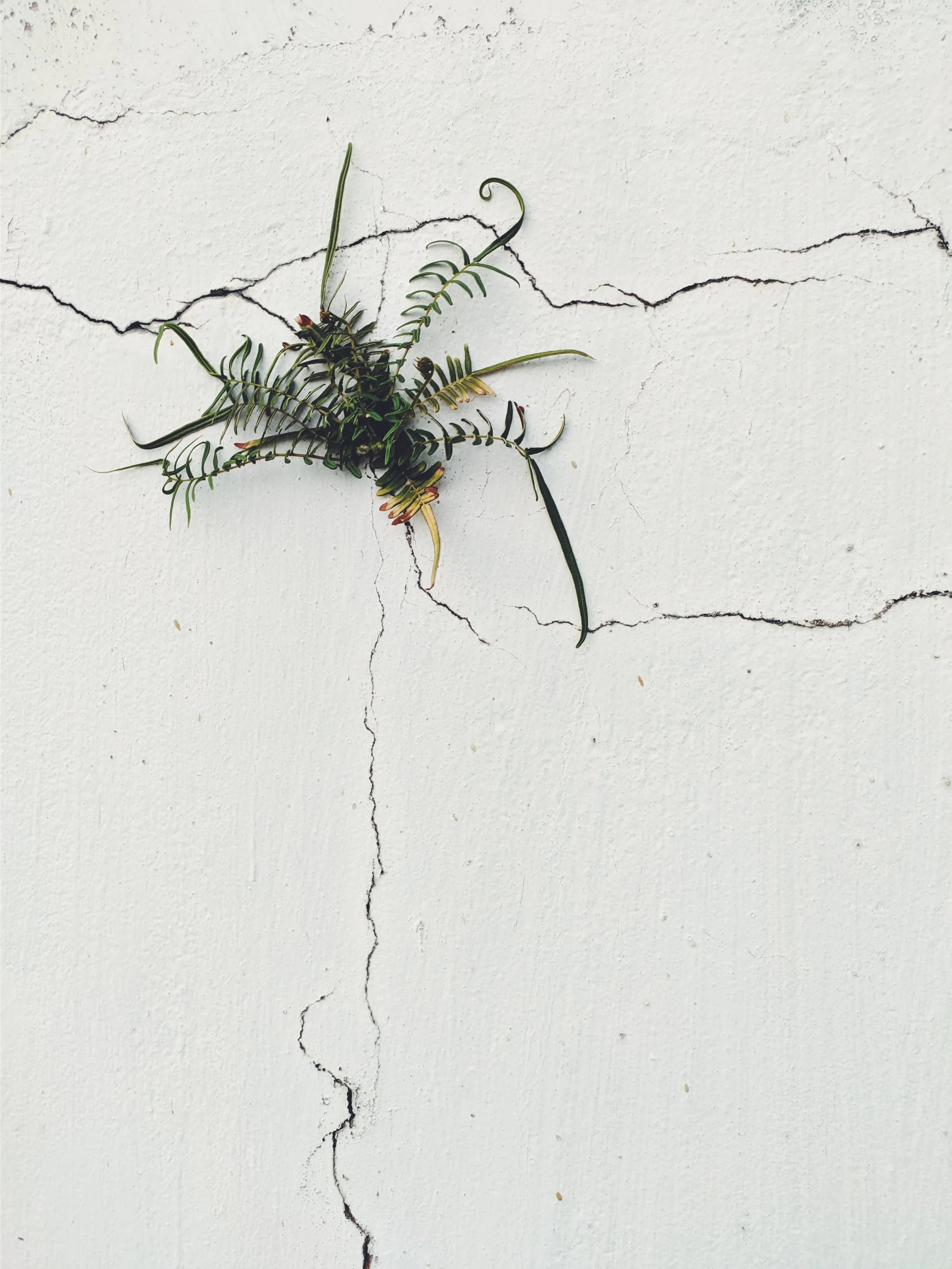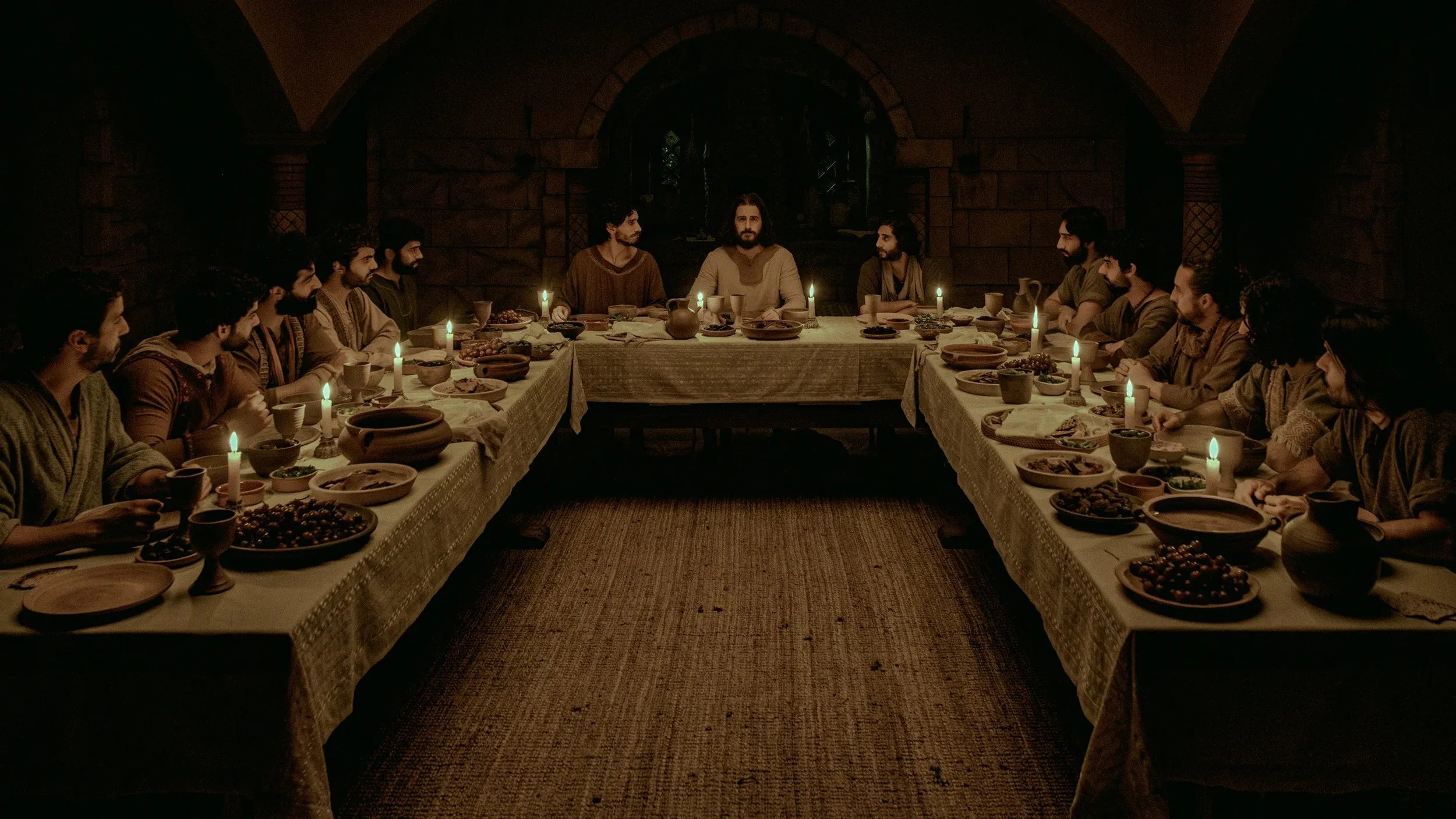Looking For Life
If you were a fly on the wall in our home, you’d hear Ken frequently say, “Why do you always assume the negative?” In response, you would catch me exclaiming, “I am not assuming the negative. I am being realistic.”
While both of us are right in some measure, I know that my disposition, which leans more toward melancholic serious-mindedness, can lead me to get bogged down in the brokenness of life. The best remedy I have discovered for that is gratitude.
You might be tempted to think, “Another cliche gratitude post in November.” I get it. Honestly, I feel the same way when the flurry of gratitude posts starts pouring into my inbox as soon as November 1st arrives. It begins to sound like Charlie Brown’s teacher, “Whah, whah, whah, whah, whah, whah.”
The oversaturation of these gratitude posts and the occasionally thoughtless and insensitive prescription of gratitude in our faith communities can not only skew our attitude toward this important discipline but also rob it of its real power, reducing it to some trite Christian nicety rather than a gritty and substantive grace of God. So, at the risk of adding one more "whah, whah" to the sea of "whah, whah’s," I wanted to share a few thoughts about the grace of gratitude.
Gratitude is a response to God’s grace. But it is also a practice that we can cultivate in our daily lives.
“Cultivate” is a gardening term. When cultivating a garden, you must first break up the hard soil and remove rocks and roots that might impede young plants from taking root. Then, you plant seeds, feed and water the budding plants, root out weeds, and protect them from insects and disease.
Cultivating a garden takes time and intentionality; it nurtures and fosters an environment where fruit can grow.
This is true of our hearts as well. Many things harden the soil of our hearts: entitlement, weariness, suffering, the mundaneness of life, bitterness, our consumer-driven culture, unmet expectations, loss, and others' sins against us. These things can blind us to evidence of life in and around us.
The spiritual practice of gratitude is the intentional act of looking for and acknowledging factual evidence of God’s grace in your life.
By cultivating gratitude, we chip away at the rocks of entitlement and the roots of bitterness. We weed out materialism and the drive for bigger, better, and more that choke out the fragile beauty budding amid the weeds. And we hydrate and soften the soil that the drought of suffering has hardened.
This isn’t easy. In fact, in seasons of extended suffering, it can be difficult. Daily life in a broken, sinful world can cause us to forget who God is and how gracious and kind he has been to us. And the frantic pace of our lives and the noise of our ever-connected world cloud our vision and blind us to God’s active presence.
Cultivating gratitude helps us to pause long enough to reorient our hearts toward the truth of God’s character and to see his hand at work within and around us.
However, cultivating gratitude does not mean denying suffering or minimizing hardship. Rushing ourselves or others toward gratitude without first allowing room for grieving minimizes legitimate pain and robs us of the opportunity to experience or extend Christ’s comfort. Grief and gratitude run on parallel tracks.
Cultivating gratitude trains us to look for signs of life—the redemptive and restorative works of Christ amid the daily deaths.
Gratitude is a grace from God, a spiritual superpower he has given us that enables us to peer behind the veil and see outposts of beauty—evidence of his presence, power, comfort, and work in and around us.
The practice of gratitude also doesn’t change your circumstances. But it can give you the grace to endure them with hope, peace, joy, and confidence. Cultivating gratitude reminds you that God’s grace cannot be quenched even amid challenges.
And, for that, I am profoundly grateful.
Have you heard about Encountering Jesus in John—An Advent Study?






